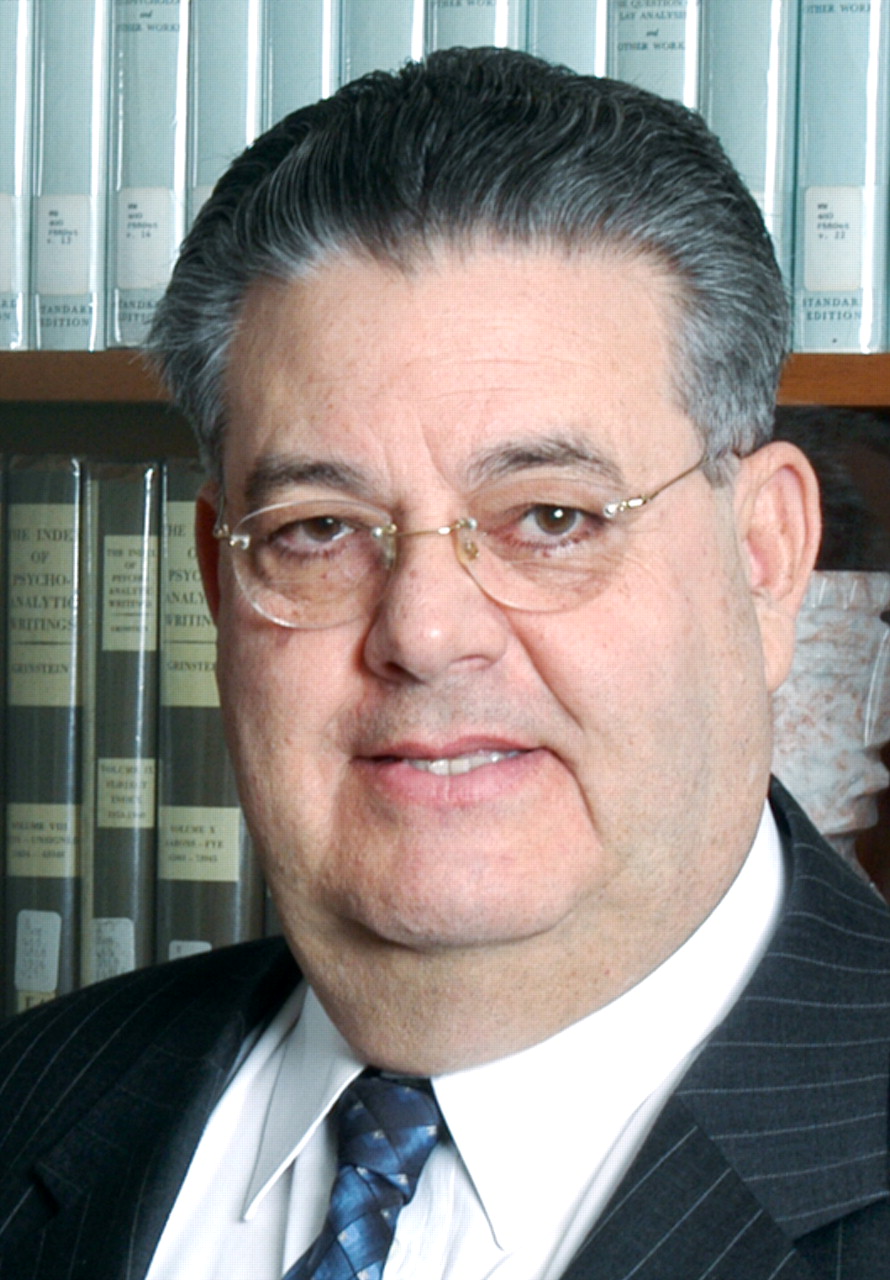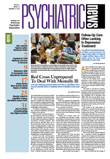I have regularly attended and been a presenter at APA's annual meeting for close to 40 years. The 2006 meeting in Toronto, however, was quite special for me, since I became president of APA at the end of the meeting.
The attendance at the meeting was excellent, with 18,360 registrants. The number of psychiatrists, psychiatry residents, and medical students totaled 15,173; of this number, 5,591 were APA members. The highest number came from New York, at 750, followed by California at 419, Pennsylvania at 298, and Massachusetts at 246.
To crunch the registration numbers further, of the 1,276 psychiatry residents who attended the meeting, 67 percent were APA members, and of the 191 medical-student registrants, 42 percent were APA members.
A remarkable success of the Toronto meeting was the number of international psychiatrists who attended—7,588, representing 88 countries. Of that total, 1,372 were APA members. Canadian registrants totaled 1,606, of whom 744 were APA members. Besides Canada, the highest number of international registrants came from Spain (594) and the Netherlands (451).
While I am very pleased with the turnout of the meeting—particularly the newest members of the profession and those who aspire to join us someday—I would like to see more APA members at future meetings. The attendance of APA members reached high points at the meetings for which I chaired the Scientific Program Committee—the 1999 meeting in Washington, D.C., at 7,322, and the 2000 meeting in Chicago at 6,631. For those meetings, I had made an effort to reach out to APA members and encourage them to attend. I have asked the members of this year's Scientific Program Committee to look for ways to do the same for the 2007 meeting, which is being held in San Diego May 19 to 24. That APA members attend our annual meeting is important to the organization and the field of psychiatry, but also to me. APA belongs to its members, and I want to be sure that I and other leaders in the Association are providing opportunities for you to share your issues and concerns—and successes—with us and giving you the kind of CME experience that exposes you to the latest research findings in psychiatry and their application to clinical practice.
And how did these thousands of registrants stay busy during the meeting's six days? There were about 600 scientific sessions and hundreds more new research offerings. A highlight of this year's program was a track of sessions organized by the National Institute on Alcohol Abuse and Alcoholism on the theme “Rethinking Alcohol Use Disorders: Science, Diagnosis, Treatment, and Policy.”
In addition, there were 99 CME courses, and almost three-fourths of the available seats were filled. One interesting note is that APA members accounted for 68 percent of course registrants compared with 37 percent of the overall meeting registrants. Undoubtedly, APA members value the topics and content of the courses offered at our annual meetings; we need to pay more attention to that fact in planning future meetings. Another interesting note is that 62 percent of the attendees at the industry-supported symposia were APA members. Despite the concerns about the involvement of the pharmaceutical industry at our annual meetings, 97 percent of the registrants who responded to the meeting's evaluation survey agreed that the content of these symposia was excellent and balanced.
These were among the reasons that respondents said they attended the 2006 annual meeting:
•
To hear presentations focusing on “clinical issues” (95 percent)
•
To learn about “cutting edge research” (80 percent)
•
To meet colleagues (74 percent)
•
To earn Category 1 CME credit (73 percent)
As we look to the future, we need to pay attention to what we have learned from the attendees at the Toronto annual meeting. Undoubtedly, our annual meeting has become the “premier” scientific meeting for psychiatrists not only in the United States but also in the whole world. This success, however, also carries a major responsibility. We must strive to provide information collected through scientifically rigorous methods in an environment of professional integrity and exacting ethical standards. As your president, I look forward to providing the necessary leadership to achieve this goal. I will also do my best not only to maintain the number of international psychiatrists who come to our annual meeting but also to increase the attendance of our U.S. members.
As you may know by now, my theme for the 2007 annual meeting is“ Addressing Patient Needs: Access, Parity, and Humane Care.” To me, access, parity, and humane care—especially humane care—are key ingredients to the delivery of care that is high quality. It is through research that knowledge is created, and through education that it is disseminated and translated into high-quality care. I look forward to seeing all of you in San Diego next May. ▪

